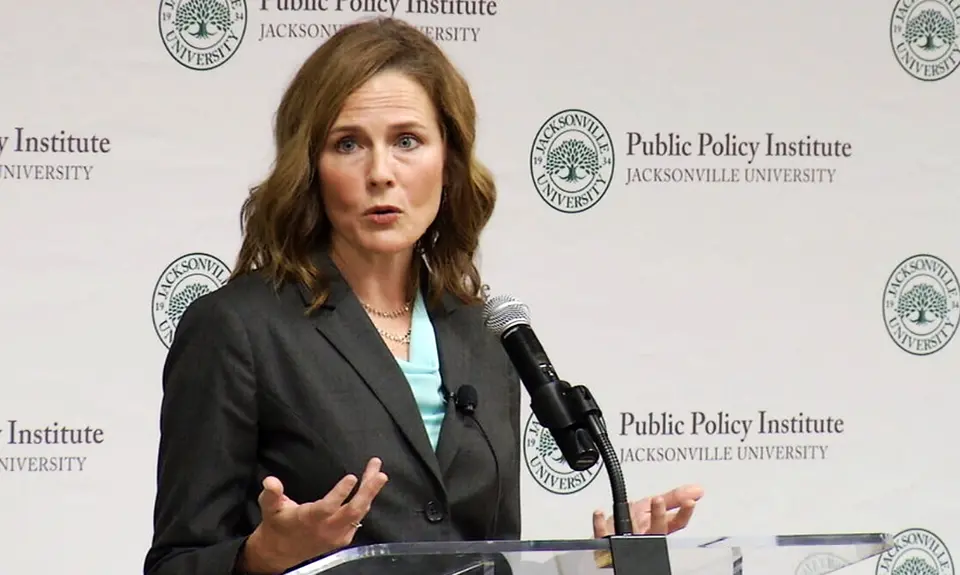“Confirmed Judges, Confirmed Fears” is a blog series documenting the harmful impact of President Trump’s judges on Americans’ rights and liberties. Cases in the series can be found by issue and by judge at this link.
In June 2020, Trump Seventh Circuit judge Amy Comey Barrett wrote a dissent in Cook County v. Wolf that would have upheld the Trump administration’s “public charge” rule, penalizing immigrants for exercising their legal right to use benefits Congress has made available to them.
The administration adopted a new definition of “public charge” to deny immigrants permanent residence status if they receive even one form of public assistance – Medicaid, food stamps or other social safety net programs – for more than 12 months in a three-year period. Under the new rule, the receipt of two forms of public assistance in one month would actually count as two months of benefits. A district court had enjoined enforcement of the rule in Illinois, but the Supreme Court stayed that injunction in a 5-4 order in February 2020 while the Seventh Circuit considered the appeal.
In a majority opinion written by Judge Diane Wood and joined by George H.W. Bush judge Ilana Rovner, the circuit court struck down the Trump rule, explaining that it is not “based on a permissible construction” of the Immigration and Naturalization Act (INA). For instance, it “set[s] a trap for the unwary by penalizing people for accepting benefits Congress made available to them,” a trap that “conflicts with Congress's affirmative authorization for designated immigrants to receive the benefits the Rule targets.” In addition, among those who could now be considered “public charges” are people whose medical conditions could make them less likely to be self-sufficient. The majority explained how this violates the Rehabilitation Act, which prohibits discrimination in federal benefits on the basis of disability.
In her dissent, Judge Barrett focused on categories of immigrants who are not affected by the new rule. But the majority countered that the proper focus of inquiry “is the group for whom the law is a restriction, not the group for whom the law is irrelevant.”
